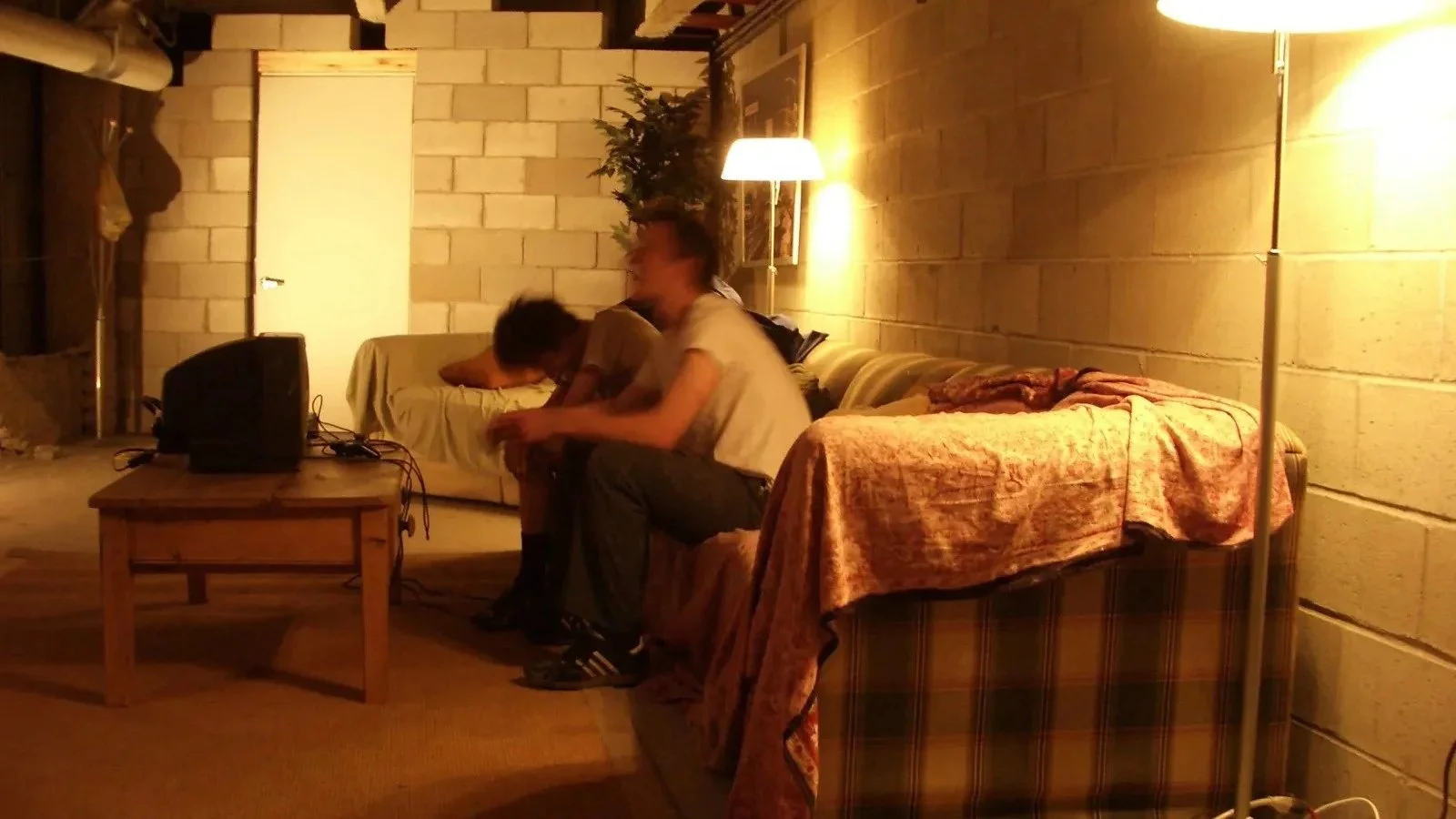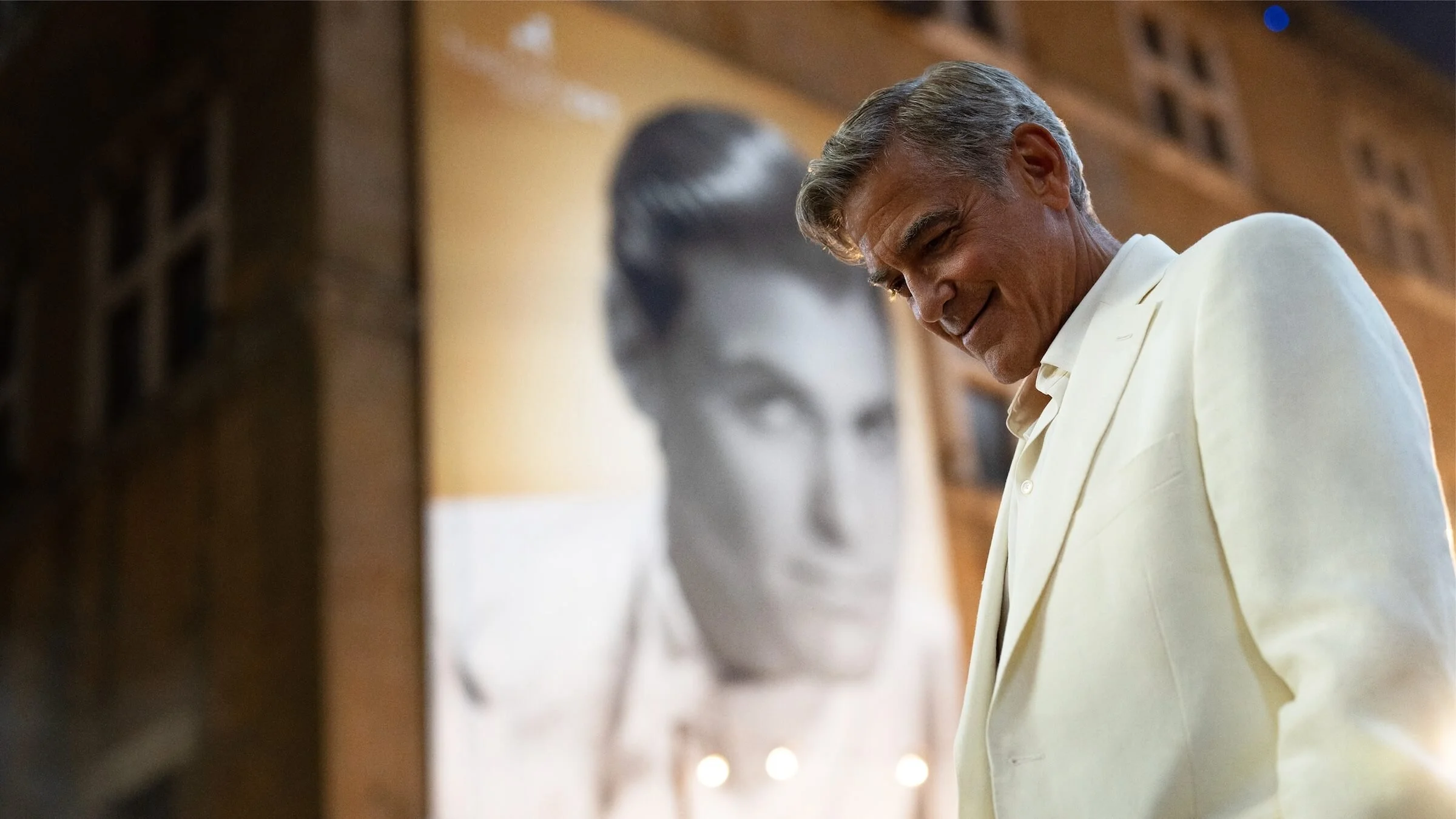Review: F9: The Fast Saga (2021)
After 20 years of escalating thrills, the Fast & Furious saga has truly jettisoned any notion of gravity within its action spectacles. F9: The Fast Saga simply severs the physical concept of gravity within the story of the films themselves with the characters breaking the threshold of the atmosphere and reaching the vastness of outer space. It’s an absurd escalation for a series that has morphed and raised the stakes more than any other major Hollywood series, but given the existing trajectory, it has a sense of inevitability after all the grand scale action of the preceding films. Director Justin Lin, who directed the series from The Fast and the Furious: Tokyo Drift to Fast & Furious 6, returns to the series he redefined to take it one small step further into the realm of pure spectacle and melodrama.
The convoluted plotting of the film involves Dominic Toretto’s (Vin Diesel) heretofore unseen and unmentioned brother, Jakob (John Cena), who appears out of the blue, detains the megalomaniacal villain of the previous film, Cipher (Charlize Theron), and works to gain control of a military program that can hijack any weapons system on the planet. There’s a bit of a James Bond plot to the film’s notion of superpowered villainy, and a resemblance to the Mission: Impossible series in how this specific team (or family) of individuals is needed to save the world. The particulars of the plot and how F9 dredges up ghosts of the past for the various heroes is likely incomprehensible to anyone who hasn’t seen all eight previous entries—and even then those viewers better have been paying attention to all the little Easter eggs planted throughout. But the particulars of narrative have never been all that important to The Fast Saga films. Rather, the plot is a means of advancing melodramatic confrontations, delivering aphorisms on family, and most importantly, justifying spectacular vehicular action sequences.
F9 has plenty of all three, with large stretches of the film given over to flashbacks unpacking Dom and Jakob’s relationship and the death of their father, which is referenced all the way back in The Fast and the Furious. These moments, with actors Vinnie Bennett and Finn Cole well-cast for their likeness to Diesel and Cena, respectively, are high melodrama and like something out of a 1950s racing flick. In flashback, we see betrayals at the race track, secret reveals in prison, and brotherly rivalry that attains almost Greek classical dimensions. There’s an earnest charm to the film’s stone-faced commitment to its dramatics centred on family, even if it has to retcon previous films and generate an increasingly jumbled structure to accomplish this. The flashbacks give the inevitable confrontations between Dom and Jakob a heft they wouldn’t in their absence because their entire relationship is generated in this film and this film alone.
But such whole cloth invention in each entry is how this series works. It started as a racing drama ripping off the plot of Point Break. It became an anthology series about racers in different subcultures around the world. It morphed into a revenge drama and achieved its final evolutionary form in Fast Five, in which the various racers, former cops, and criminals instantly became weapons experts, heist masterminds, and purveyors of international espionage. The series has been operating in this high gear of absurdist showmanship ever since and it works. So why question the retconning of Jakob into the series, or the resurrection of fan-favourite character Han Lue (Sung Kang), so long as it gives us Vin Diesel speechifying about the power of family and half a dozen muscular action scenes involving cars getting demolished in fanciful ways?
There is no single sequence in F9 that matches the series’ previously delirious highs such as the bank vault heist through the streets of Rio de Janeiro in Fast Five, the highway chase involving a tank in Fast & Furious 6, or the aerial drop onto a mountain highway in the Caucasus in Furious 7. But there is a welcome emphasis on adding practical stunt work back into the series to counterbalance the more absurd, CGI-constructed moments (such as the aforementioned venture into outer space). The climactic chase through the streets of the Georgian capital, Tbilisi, involving electromagnets is an uproarious sequence of crushed metal, stunt performers leaping from vehicle to vehicle, and real stunt cars being pulverized on camera. It epitomizes what a ludicrous joy big-budget action sequences can be.
Sadly, the actual space sequence, which could’ve been the series’ peak, is played almost entirely for laughs. To be fair, it’s obvious that the filmmakers are acknowledging how absurd the sequence is—even in an admittedly ridiculous series about people driving fast cars and saving the world—but The Fast Saga is at its best when it’s earnest rather than when it lets winking cynicism creep in. So centering the entire sequence on its own ridiculous nature, amplified by the wisecracking of Tyrese Gibson’s Roman Pearce, is disappointing and reeks more of the distanced knowingness of a Marvel movie than the throwback meatball nature of the rest of The Fast Saga.
In F9, the cynicism and convoluted nature of modern blockbuster filmmaking starts to take hold, which makes this film a step back from its predecessors. But there’s still enough of the series’ charms to make it a fun example of amplified, throw-in-everything-and-the-kitchen-sink action filmmaking. It also has to be said that watching the film on the big screen, with the crisp, massive visuals and blaring drones of theatrical surround sound delivering the on-screen spectacle, is a welcome respite after a year-plus of watching movies at home. In the words of my father, it may be overwhelming and incomprehensible, but it is extremely entertaining.
6 out of 10
F9: The Fast Saga (2021, USA)
Directed by Justin Lin; written by Daniel Casey and Justin Lin, based on a story by Justin Lin, Alfredo Botello, and Daniel Casey, based on characters created by Gary Scott Thompson; starring Vin Diesel, Michelle Rodriguez, Tyrese Gibson, Chris “Ludacris” Bridges, John Cena, Jordana Brewster, Nathalie Emmanuel, Sung Kang, Michael Rooker, Helen Mirren, Kurt Russell, Charlize Theron.



Joe Carnahan’s cop thriller starring Matt Damon and Ben Affleck is an enjoyable whodunnit.